Introduction
The 1900s saw suffrage widen further. Most significantly the Representation of the People Act 1918 entitled some women to vote for the first time, although only those women over the age of 30 who also met property qualifications. The same Act saw all men over age 21 get the vote. Several general elections in this century marked important milestones in new legislation that continued to reform who gets to vote.
General Election 1918
The first election to take place in just one day. Constance Markiewicz became the first women elected to parliament; a campaign she fought from a prison cell in Holloway. Like other Sinn Féin MPs, she did not take her seat in Westminster.
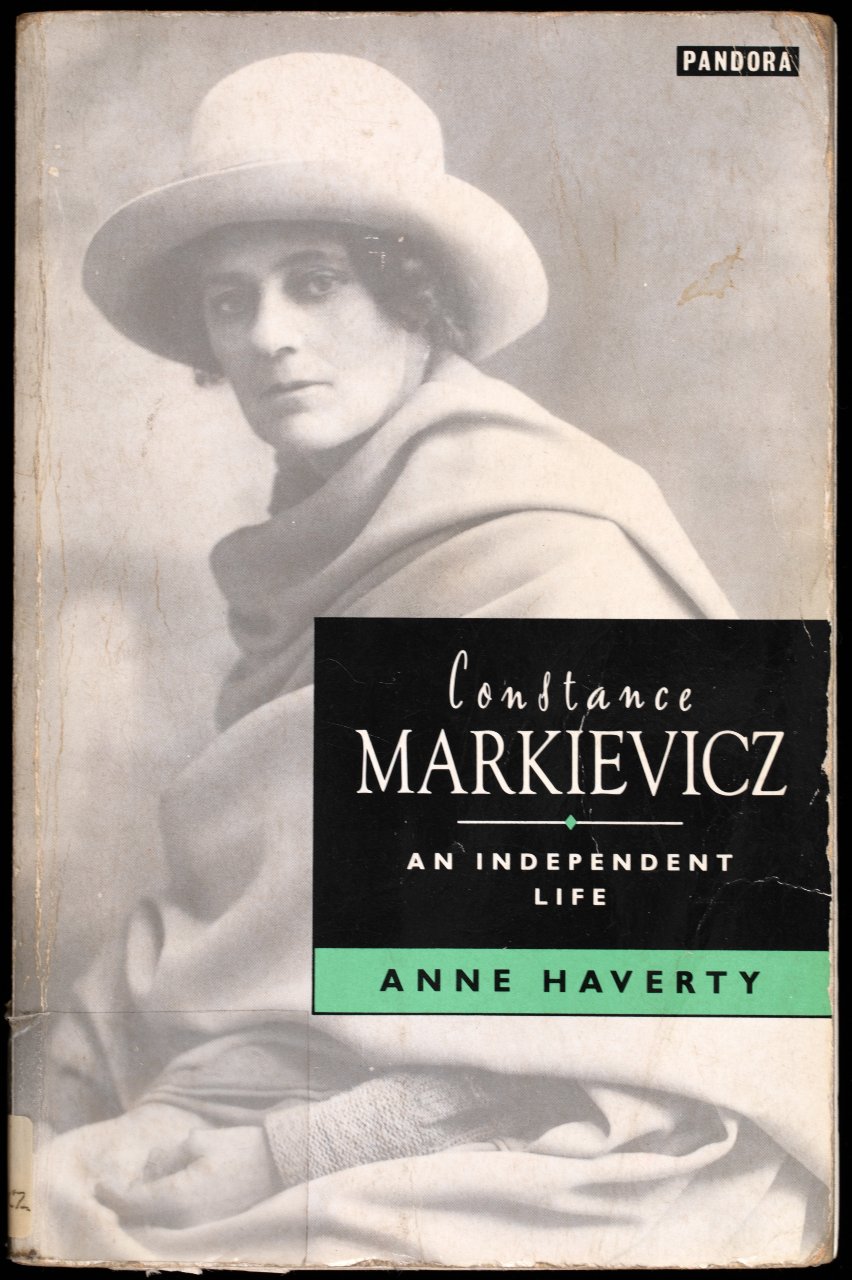 Read a biography of Constance Markievicz in The Women’s Library.
Read a biography of Constance Markievicz in The Women’s Library.
General Election 1929
The first election where women had equal suffrage with men, when the vote for women was lowered to 21 years old and the property ownership qualification was abolished. A newspaper clipping about the so-called “Flapper Election” discusses the increased number of women on the electoral roll.
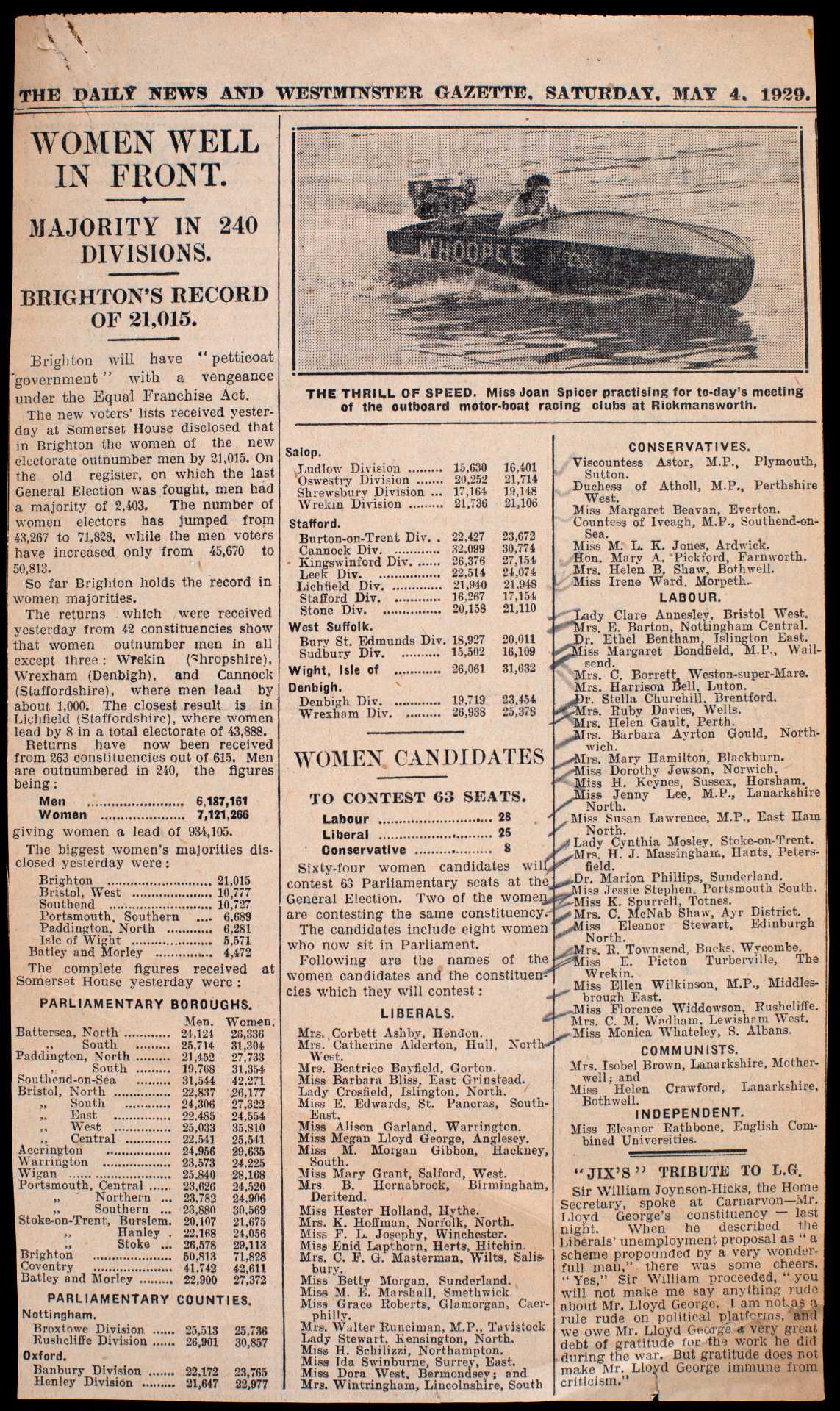
General Election 1950
The first election where university constituencies were abolished. Up until the Representation of the People Act 1948, if you were a graduate of LSE you could vote twice – once for the “London University Constituency” and once for the constituency you lived in. Pictured here are some election campaigning photographs from the 1950s of Labour candidate Neville Sandelson. The results being announced show Sandelson losing to Conservative Bill Deedes in the 1955 Ashford constituency.
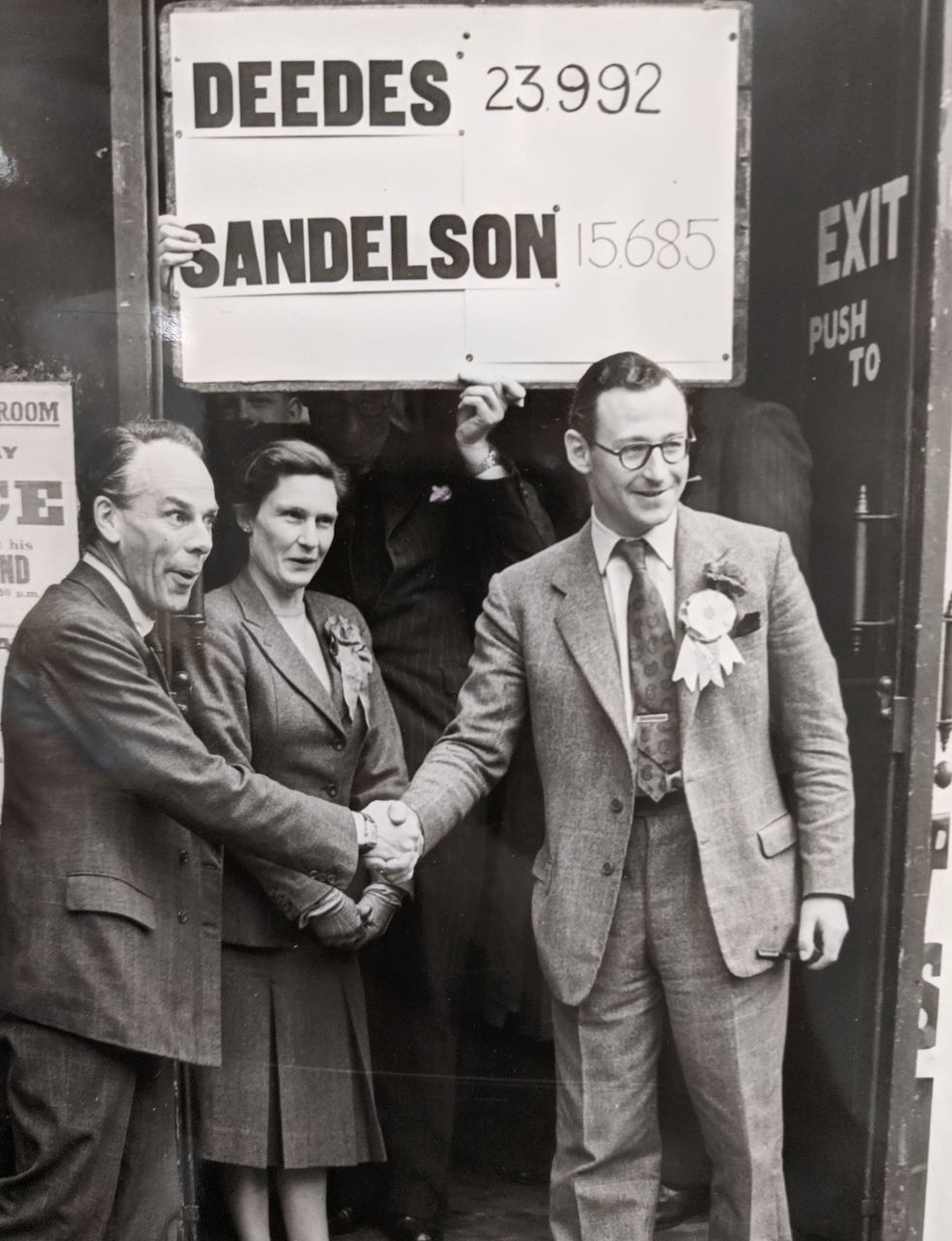
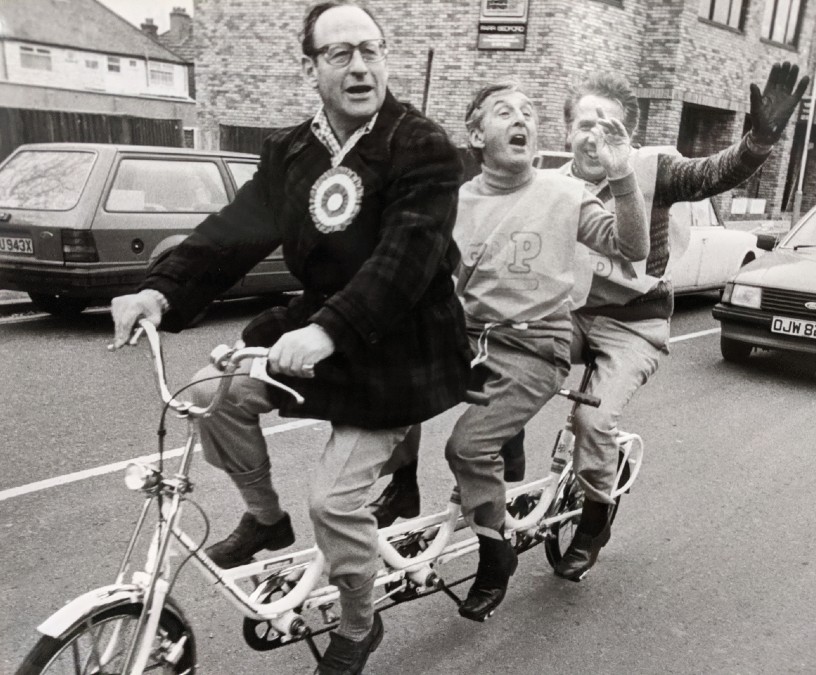
General Election 1970
This was the first election where the voting age was lowered from 21 to 18 years of age.
Read Hansard to see the debate where then Home Secretary James Callaghan discusses the reasons behind lowering the vote.
Since then the debate continues on whether voting should be lowered to 16 year olds. Should it?
Share your thoughts with us
General Election 1992
Further Acts of parliament have made small reforms to who can vote. This election was the first to extend the time that a British citizen could have lived abroad and still vote from 5 to 20 years. On display are the leaders of the Conservative, Labour, Liberal Democrat, and Monster Raving Loony Party in the shape of jelly beans, sold by Thorntons Chocolate Company as a novel poll for that election. 34% of the John Major jelly heads sold, compared with the 42% majority the Conservatives gained in the election.
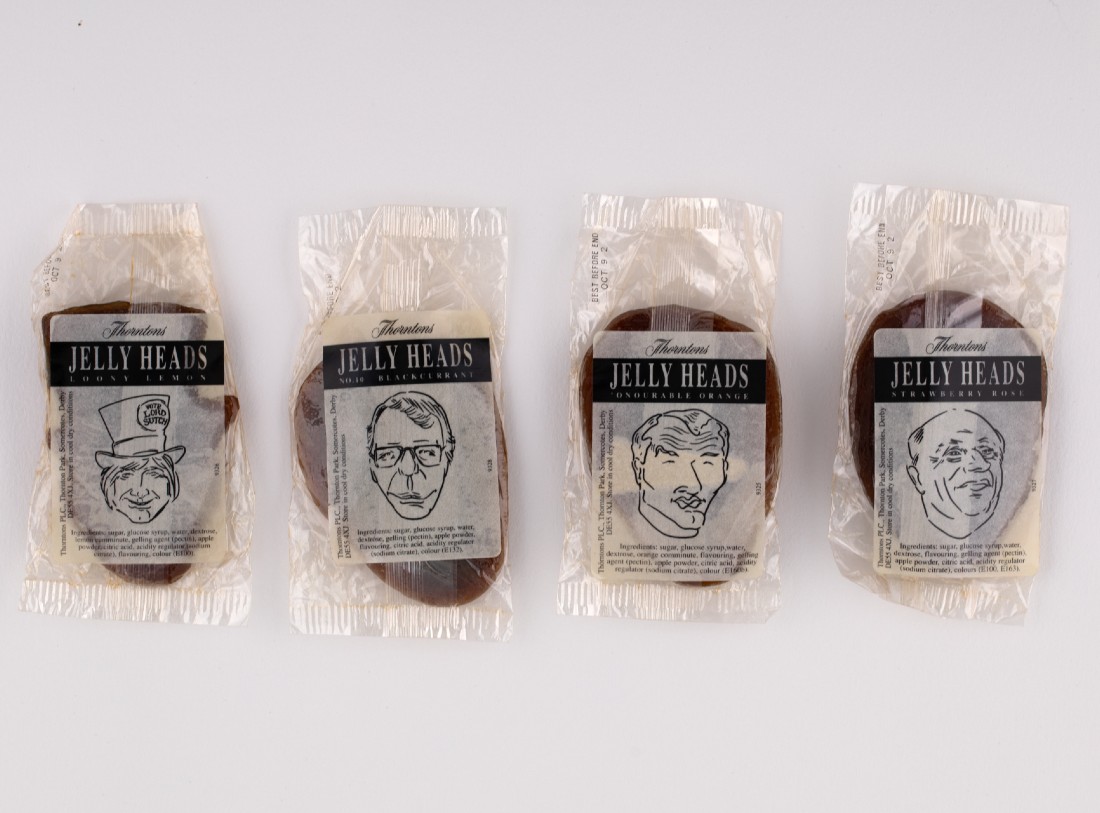
*Constance Markievicz quote from our friends at The National Archives.
Go to the next page